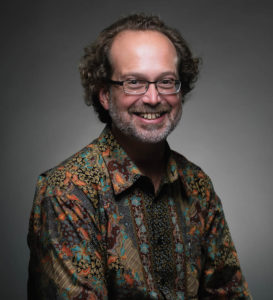
Episode 99: Total War: Polemical Esotericism in the Contra Celsum
We explore the polemics and counter-polemics of Origen's Contra Celsum, with a particular eye toward the use (and abuse) of the esoteric as a strategy of tradition-building, exclusion, and totalising interpretation.








